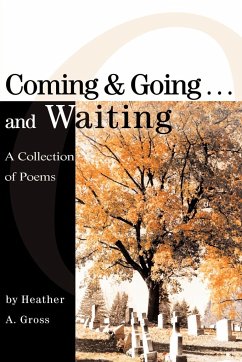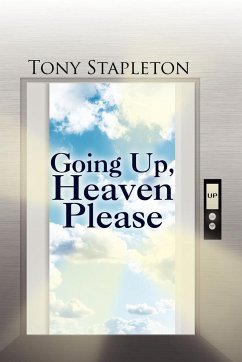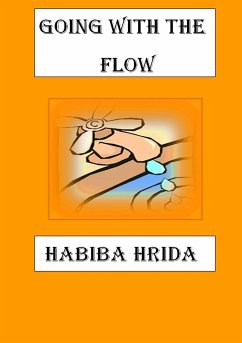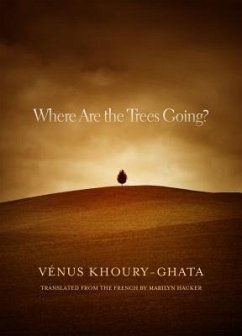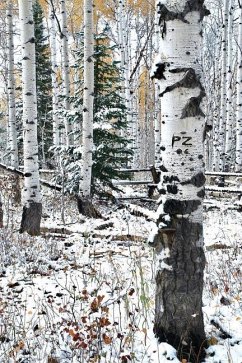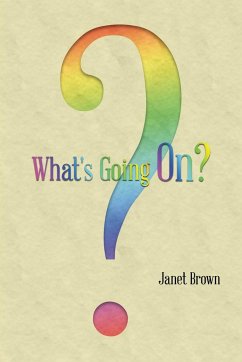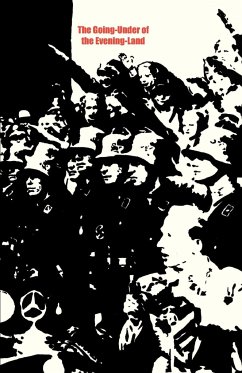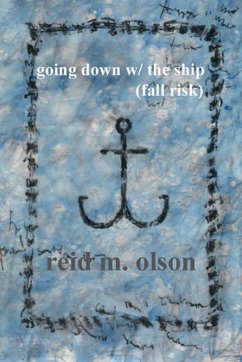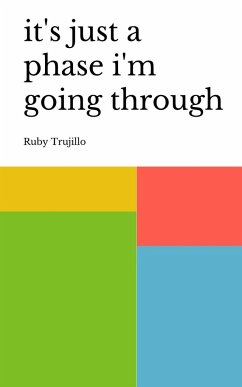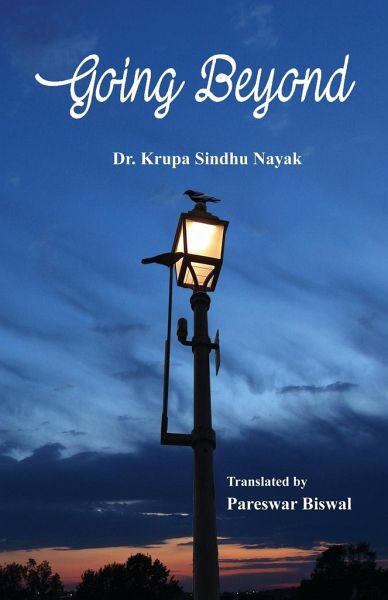
Going Beyond
Versandkostenfrei!
Versandfertig in 1-2 Wochen
17,99 €
inkl. MwSt.

PAYBACK Punkte
9 °P sammeln!
Dr. Krupa Sindhu Nayak has been one of the most prolific poets of Odisha who emerged on the literary scene in the early 1970s. A surgeon by profession, he has authored seven collections of poetry, including Baya Chadheira Dukha, 2007 (Woes of the Weaver Bird), his magnum opus, besides eleven plays, and several short stories which he has turned into stage and radio plays. His poetry, as I understand, explores deeper and more profound topics such as life, death, time, and more importantly his place and identity in this chaotic and disconnected universe. The experience of modern man as something ...
Dr. Krupa Sindhu Nayak has been one of the most prolific poets of Odisha who emerged on the literary scene in the early 1970s. A surgeon by profession, he has authored seven collections of poetry, including Baya Chadheira Dukha, 2007 (Woes of the Weaver Bird), his magnum opus, besides eleven plays, and several short stories which he has turned into stage and radio plays. His poetry, as I understand, explores deeper and more profound topics such as life, death, time, and more importantly his place and identity in this chaotic and disconnected universe. The experience of modern man as something shocking and of distressful consequences finds adequate representation in his poetry of the 90s and after. He used dark imagery to vindicate his position in situations which are otherwise cruel and hostile to man's survival on this earth. This is where he compared life on the earth to a "hanging nest," a kind of "prison cell," where man is kept as "a prisoner" in the horrifying "darkness" of "unending woe." But in his later poetry Dr. Nayak abandoned much of complexity, disillusionment and difficulty in expression of his early years in favour of love, happiness, love of nature, and reminiscences of the past and memory. His poetry began to embrace romantic strain and nostalgia, and a new technique to express ordinary events of life. Going Beyond, as the title suggests, talks about the poet's attempt to transcend his existence or experience beyond the physical level. The transcendence he longs for in the midst of the din and bustle of modern life is not easy to achieve as he is not able to "renew my bonds" with the ultimate reality. It is like "failing" to recall the "lines that aspire/to go beyond the words." Dr Nayak is admired for the way he plays with words, particularly when he fishes out the recollections of the past; it might be his days when the monsoon rain had ravaged his village with a deluge, or the village which in some other time had turned "bald and barren", with the "groves and orchards," losing their "greenery." He also celebrates his memory of Katpadi on his way to CMC Hospital, Vellore, where he was doing residency in surgery in the early 70s. It is heartening to note how the interior architecture of his memories and recollections forms the still centre of his art of this period. His dexterous use of imagery aims at startling the reader by expressing the mood of his poetic persona or temper of the age. Going Beyond reaffirms Dr Nayak's position as a progressive humanist, and this volume can be taken as an open sesame to the beautiful world of the poet's experience which the readers must share as their own and feel the thrill of pleasure that good poetry always offers. I am sure Going Beyond will become a great success. Prof. Bhagaban Jayasingh





